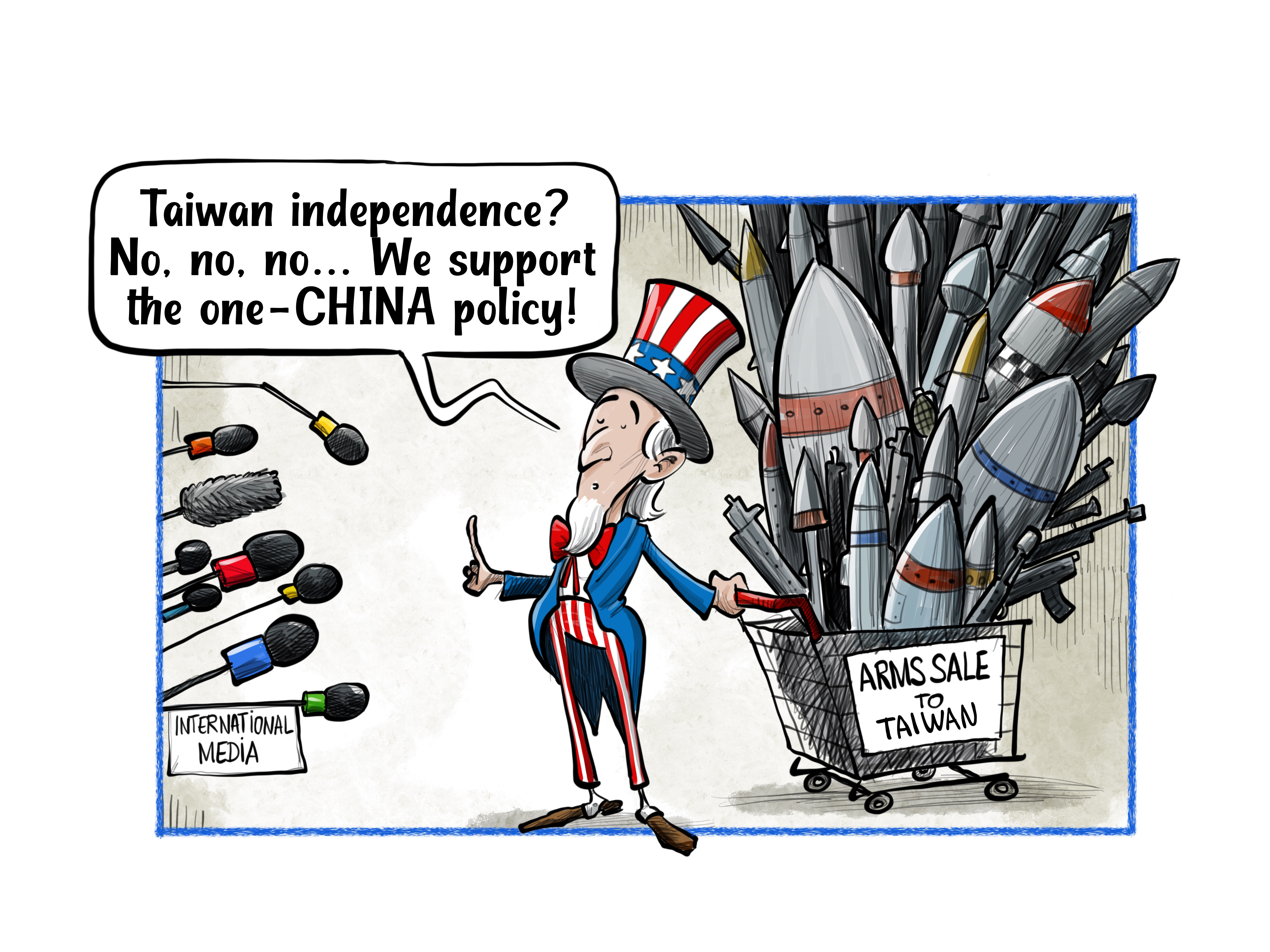Biden’s Remarks: Japan Must Also Cooperate in Taiwanese Defense
The U.S. government has so far maintained a strategic ambiguity that does not explicitly state the defense responsibilities of the U.S. in the event of a Chinese invasion of Taiwan. In response to the president's remarks, a senior U.S. government official said, "The president was not announcing any change in our policy and there is no change in our policy."
However, the government official's explanation cannot be taken at face value. The U.S. has been sending special forces to Taiwan and providing military training. It has also been selling U.S.-made weapons to Taiwan. The president's statement may be a sign that the defense of Taiwan has become common knowledge in the United States.
If Taiwan, which advocates freedom and democracy, falls into the hands of the Chinese Communist Party administration, the freedom and democracy of the Taiwanese people will be lost. Moreover, the international situation will deteriorate unbearably for both Japan and the United States, as well as for countries that place importance on fundamental values such as freedom, democracy and the rule of law.
If a Chinese military base is established in Taiwan, the military balance of the region will lean in China's favor. Japan will be isolated in the Western Pacific region and will be under more military and diplomatic pressure from China than ever before. Protecting the Nansei Islands, including the Senkaku Islands (in Okinawa Prefecture), will be extremely difficult.
This is why Taiwan's President Tsai Ing-wen repeatedly stated that Taiwan is a geopolitical stronghold when calling for international support.
Former Undersecretary of State R. Nicholas Burns, who has been nominated as the next U.S. ambassador to China, pointed out at a hearing of the U.S. Senate Foreign Relations Committee that “As Secretary Blinken said in March, the United States’ relationship with the People’s Republic of China is the “the biggest geopolitical test of the 21st century.” He stressed the need for cooperation with allies and support for Taiwan to strengthen its defense capabilities.
Former Chicago Mayor Rahm Emanuel, who was appointed as the next ambassador to Japan, and who also attended the same hearing, cited the strengthening of the Japan-U.S. alliance as a top priority, and expressed hope for Japan's defense spending expansion.
The Biden administration is trying to make its deterrence measures against China more effective by working with Japan and other allies.
The question then rests on Japan's will and actions to protect peace. Improving the deterrence of the Japan-U.S. alliance is essential for peace and stability in the Taiwan Strait. How can Japan promote that? Each party should clearly state its attitude toward this issue in the lower house election.

